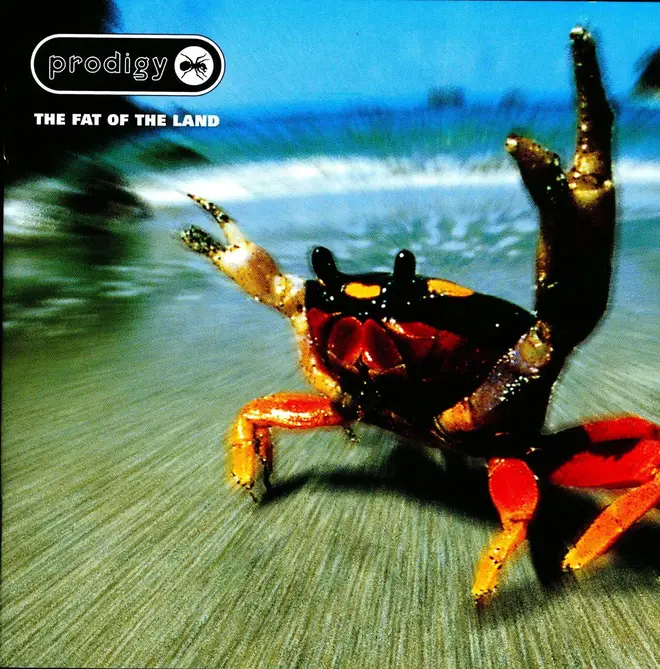On Air Now
The Radio X Indie Night with Sarah Gosling 7pm - 11pm
30 April 2024, 12:00
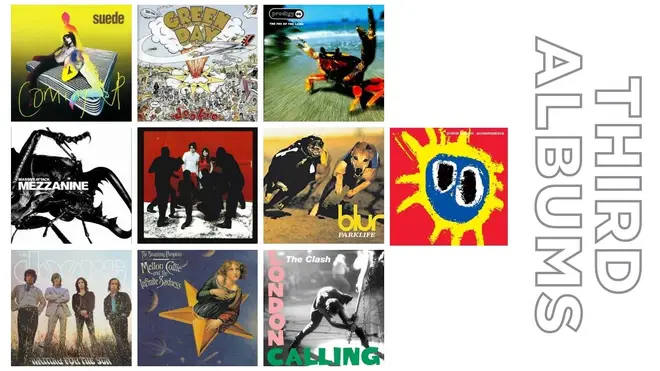
Which artists have released amazing albums third time out? Radio X has some suggestions from Radiohead to Blur.
Back in 2019, music writer Corbin Reiff set Twitter alight by asking a simple question: “Name a band/artist who’s THIRD album was their best.”
Name a band/artist who’s THIRD album was their best
— Corbin Reiff (@CorbinReiff) August 13, 2019
The answers came thick and fast - so Radio X has pitched in with a selection of third albums.
The Smiths' third album album, which was released on 16 June 1986, spent 22 weeks on the UK album chart and peaked at number two overall. Following their eponymous debut and Meat Is Murder albums, the record saw Morrissey and Marr reach writing perfection, boasting fan favourites in the likes of I Know It's Over, The Boy With The Thorn In His Side and There Is A Light That Never Goes Out.
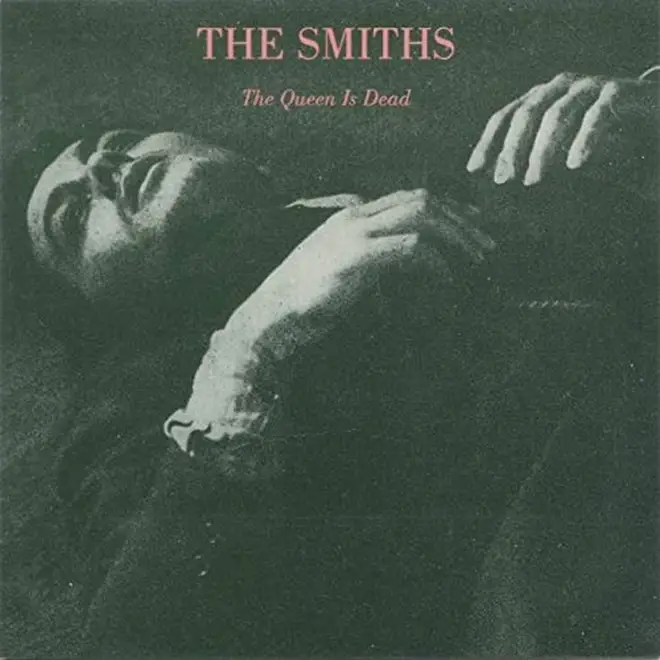
Radiohead's third studio effort arguably saw them transform from just another post-Britpop indie band to the critically acclaimed artists we see today. Regularly thought of as one of their most popular works among fans, their 1997 album includes the likes of Karma Police, No Surprises and their epic Paranoid Android single.
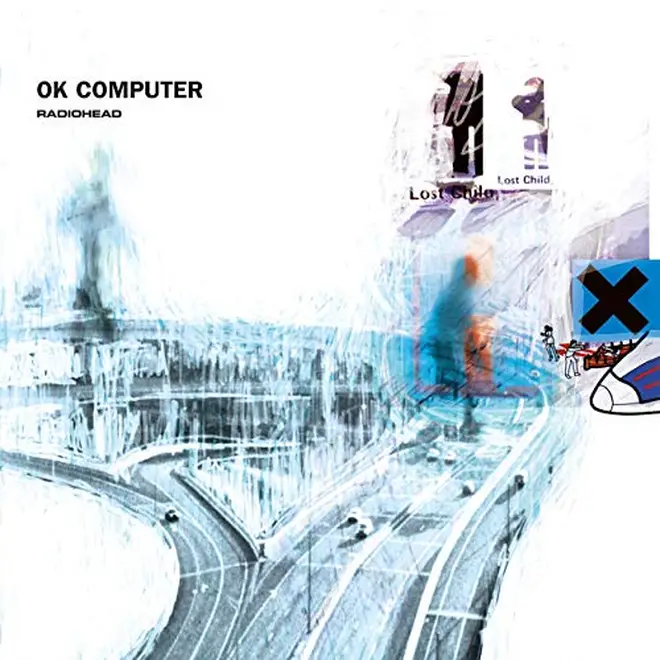
Suede's Coming Up was released on 2 September 1996 and marked their first studio effort since the departure of guitarist Bernard Butler. Forging ahead with his replacement Richard Oakes, the band went ahead to create a seminal album which received both commercial and critical acclaim. With a tracklist which boasted the likes of Trash, Filmstar, Lazy and Beautiful Ones, it's not difficult to see why Brett Anderson and co's third album reached No. 1 in the UK album charts and received a Mercury Prize nod.
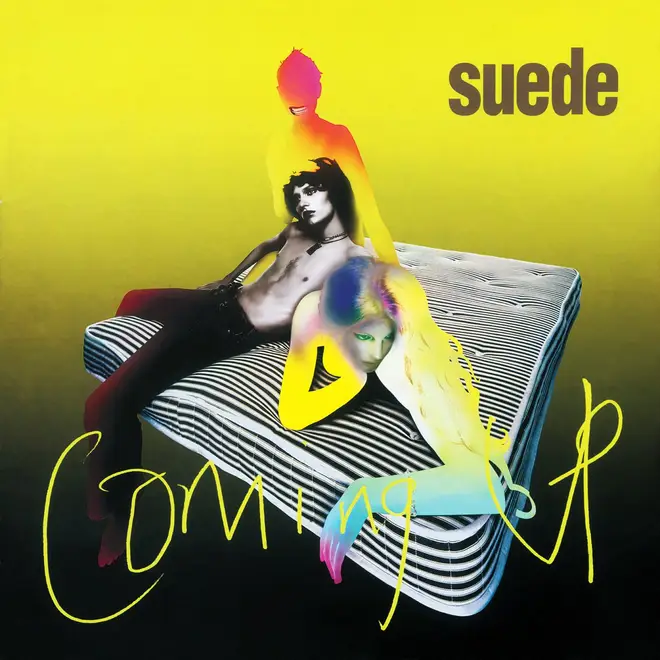
The 1994 album saw Blur come back fighting following the disappointing sales of the previous year's Modern Life Is Rubbish. Spurred on with hits in Girls & Boys, Parklife, End Of A Century and To The End, the album went four times platinum in the UK, peaking at No.1 in the chart.
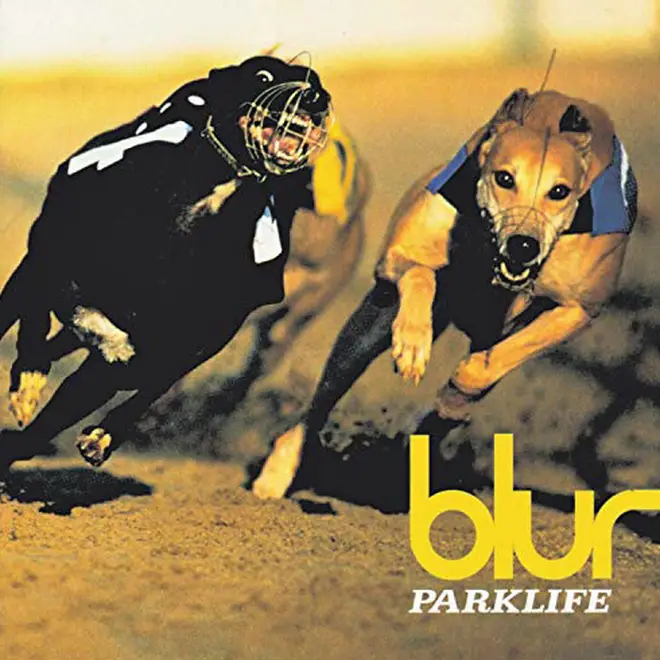
Green Day's Dookie saw the band reach punk rock perfection. The album - which includes enduring anthems in Basket Case, When I Come Around and Welcome To Paradise - helped bring the band into the mainstream, scored them a number two in the US Billboard Chards and a GRAMMY Award for Best Alternative Music Album.
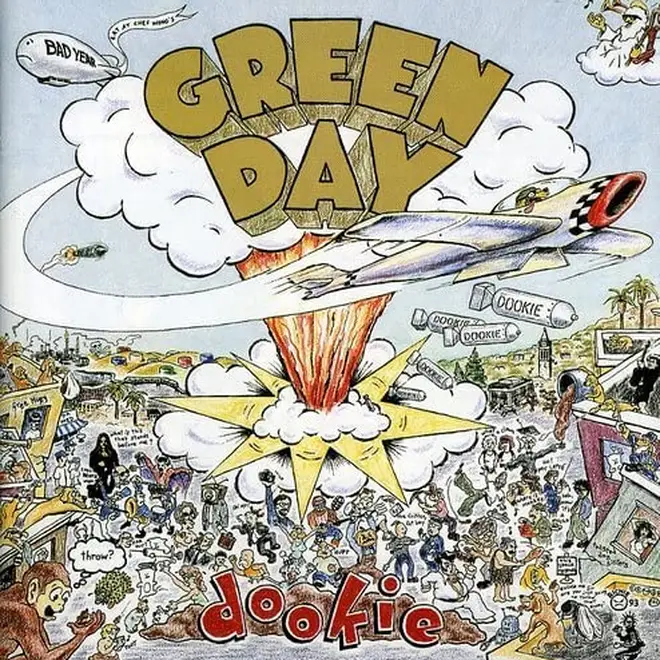
The Scream released two albums of underwhelming garage rock before acid house hit and Loaded made them superstars. Bobby Gillespie guides the band through a sprawling trip of sounds and textures with psychedelic interludes like Higher Than The Sun and Don’t Fight It Feel It rubbing shoulders with rock and roll classics like Movin’ On Up and Come Together.
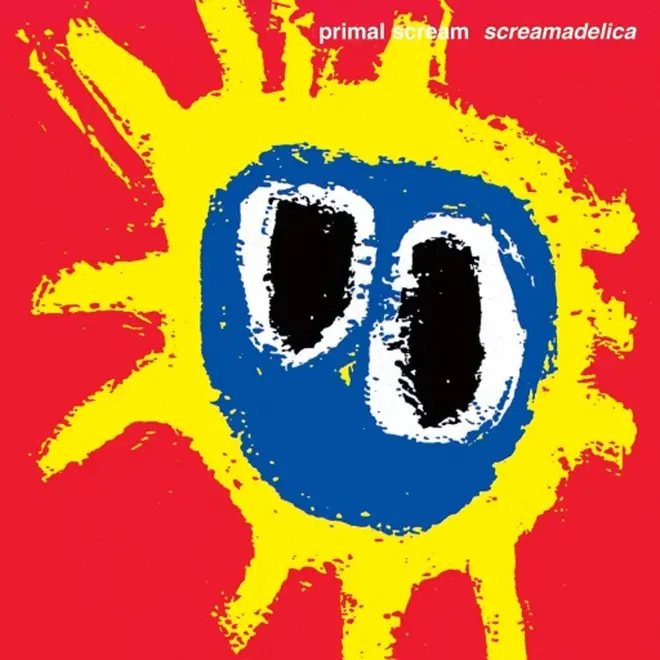
The Verve's Urban Hymns was deemed both a commercial and critical success, regularly featuring on numerous Best British Albums lists across the past two decades. Featuring singles in Bitter Sweet Symphony, Sonnet, The Drugs Don't Work and Lucky Man, the album - which was released in 1997 - confirmed Richard Ashcroft's status of part of the great British songwriting canon.
Despite this, one of their most successful hits was marred by a controversial legal battle.
Find out why Bitter Sweet Symphony was so bittersweet here.
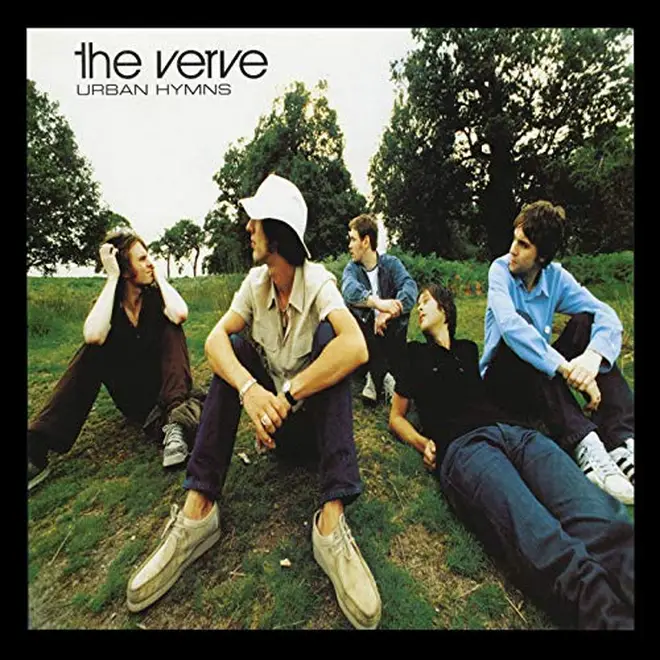
Released as a double album on 14 December 1979, The Clash's London Calling served as a blueprint for many punk bands to come. Incorporating everything from reggae to rockabilly, the record played with a variety of styles and genres and spawned the likes of London Calling, Spanish Bombs and Train In Vain.
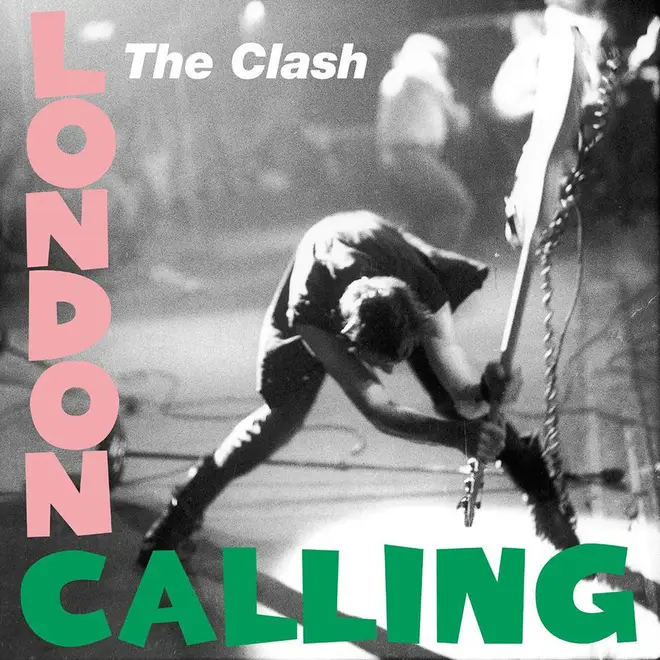
Released on 3 March 1986 and produced by Flemming Rasmussen, Master Of Puppets was the band's last album to feature bassist Cliff Burton, who died in a bus accident in Sweden during the album's promotional tour. Released to critical acclaim, the record - which includes the title track as a single - was the first thrash metal record to be certified platinum.
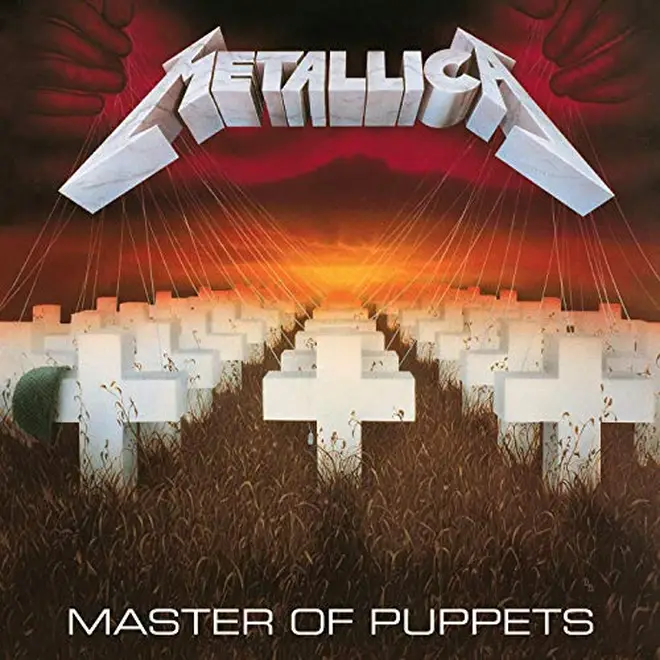
Billy Corgan surprised the world in 1995 by releasing an ambitious and accomplished double album. While Gish (1991) and Siamese Dream (1993) were true to the band’s grunge roots, their third LP was a mix of heavy rock, ballads, gentle acoustic songs and string-laden anthems. Influenced as much by 1970s LA rock as 1990s alternative bands, it remains their greatest moment.
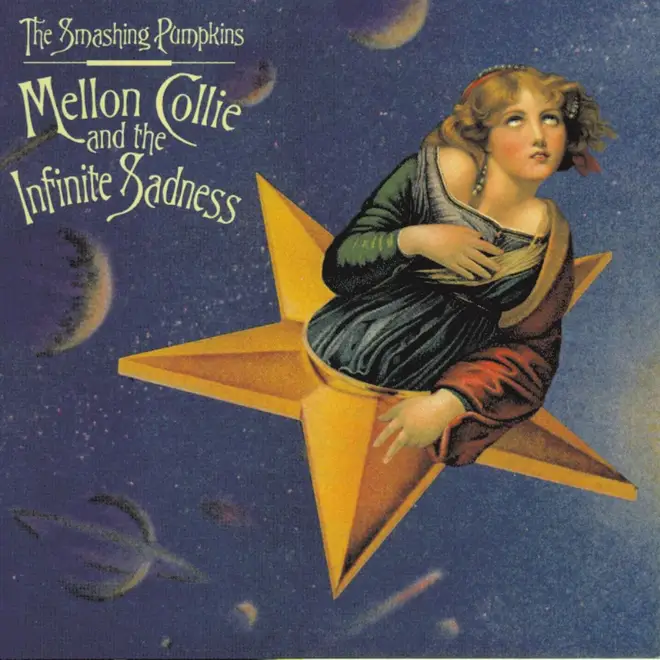
Often overlooked in favour of the self-titled debut and Jim Morrison’s swansong LA Woman, the psych-rockers’ third outing is a more richly-textured instalment, with early synthesiser washes and even an acapella number. It starts with the classic Hello I Love You and takes on the Vietnam War in both The Unknown Soldier and Five To One.
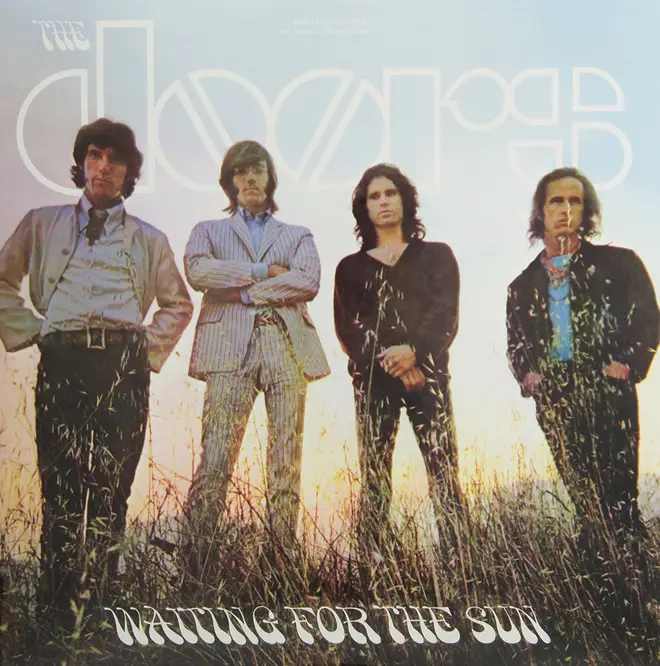
Blue Lines was such an acclaimed debut it took the Bristol trip-hop collective seven years to release another album of the same quality. From the beautiful Teardrop to the dark Man Next Door, it’s a deep record that was so acclaimed it was was encoded into synthetic DNA on its 20th anniversary - this album will live forever!
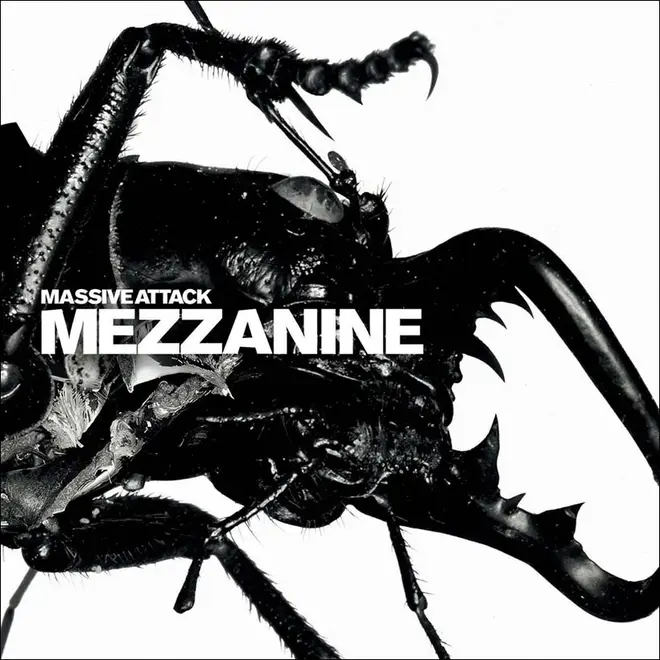
The Experience only lasted three albums and this ambitious double-album was their last offering, which includes the 15 minute jam of Voodoo Chile (and its chart topping reprise), the peerless cover of Dylan’s All Along The Watchtower and enough studio trickery to make The Beatles look on in envy.
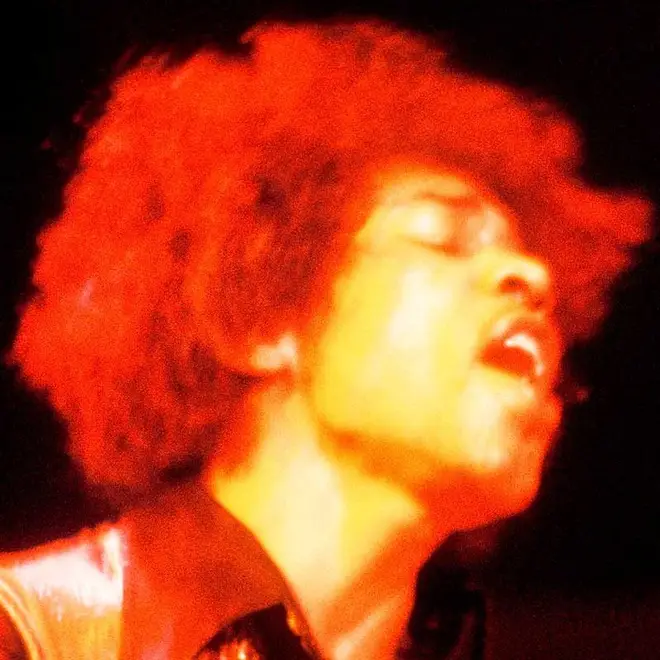
Jack and Meg’s big breakthrough album, which includes the hits Fell In Love With A Girl, Dead Leaves And The Dirty Ground and Hotel Yorba. The non-stop garage rock is interrupted by the charming We’re Going To Be Friends.
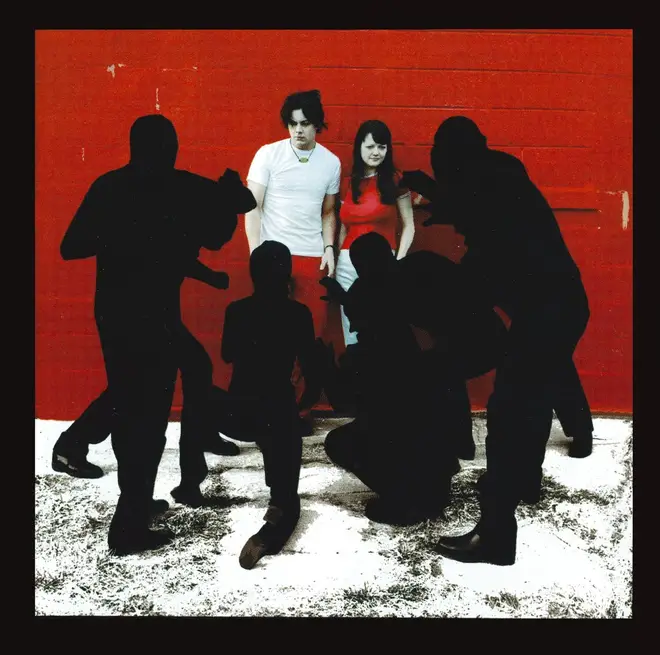
The Prodgy's third outing spawned Breathe, the controversial Smack My Bitch Up and even threw in the No 1 hit single Firestarter for good measure. Ensuring that big beat electronica remained relevant in the second half of the 90s, i's a record that evokes an odd euphoria, while still retaining an angry edge... coming a month after Labour's landslide win in the General Election of 1997.
